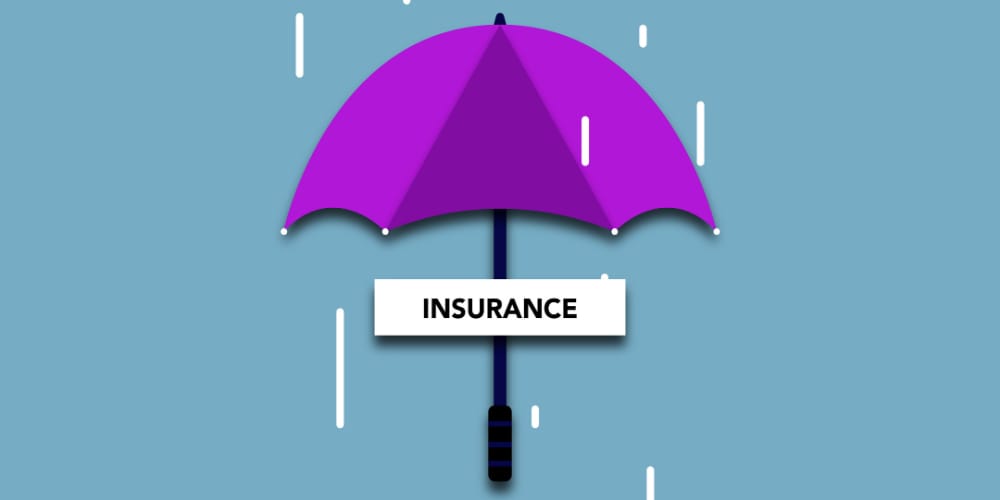- Advance Genie
- Posts
- When Bankruptcy Isn't an Option: How Exclusion Creates Better Finance ⚖️
When Bankruptcy Isn't an Option: How Exclusion Creates Better Finance ⚖️
Your industry can't fail traditionally. Here's why that's an advantage.
Welcome to Advance Genie, weekly newsletter that helps operators in highly stigmatized industries find alternative financing methods.
Your industry can't file Chapter 11. Your debt is coming due. Traditional lenders won't help you.
Sounds familiar?
Here's what they don't want you to know: exclusion creates specialization.
When mainstream finance shuts the door, specialized capital doesn't just fill the gap - it builds better solutions.
Two major frontier industries are proving this right now. One is drowning in $6 billion of maturing debt without bankruptcy protection. The other just watched its flagship therapy get rejected by the FDA.
Both are finding financing innovations that make traditional banking look primitive.
The Debt Crisis That Can't Declare Bankruptcy

The cannabis industry is staring down a financial avalanche. Over $6 billion in debt is maturing by the end of 2026.
The top five cannabis companies account for $3.4 billion of that debt:
Curaleaf Holdings: $460 million due December 2026
Cresco Labs: $400 million due August 2026
Trulieve Cannabis: $390 million in notes due October 2026
Ayr Wellness: $368 million (already restructuring through asset sales)
Verano Holdings: $350 million due October 2026
Despite generating $32 billion in revenue and employing over 400,000 people, these companies face a problem no other industry deals with: federal illegality blocks access to traditional bankruptcy protection.
Industry profitability dropped from 42% in 2022 to just 27% in 2024, largely due to Section 280E tax burdens that prevent normal business deductions.
Companies like Ayr Wellness are selling licenses in eight states to satisfy lenders. Verano Holdings burned $19 million in cash in the first half of this year alone, with $350 million coming due in October 2026.
But here's where exclusion breeds innovation: performance-based lenders are stepping in where banks won't go.
Many specialized lenders are launching no-credit-check loan programs, evaluating businesses based on revenue and operational history rather than personal credit scores.
Typical requirements focus on business fundamentals: operational track record, monthly revenue thresholds, and basic creditworthiness rather than pristine personal scores.
This isn't desperate capital.
It's capital that understands cannabis cash flows under 280E constraints better than any traditional bank ever could.
The Cash-Pay Revolution: When Insurance Won't Cover You

The psychedelics industry just proved that regulatory exclusion creates better business models than traditional healthcare.
In 2024 the FDA rejected Lykos Therapeutics' MDMA therapy for PTSD, requesting another Phase 3 trial. The Complete Response Letter, published this month cited durability concerns, safety data problems including unreported adverse events, and study design issues.
Lykos had to lay off 75% of its workforce after the rejection.
But here's what regulatory exclusions like this created in response: direct-pay models that bypass the entire insurance system.
Compass Pathways raised $285 million and achieved Phase 3 success for psilocybin precisely because investors understand this isn't traditional healthcare financing.
Mindbloom has processed over 220,000 ketamine treatments using a cash-pay model that eliminates prior authorization delays, insurance denials, and reimbursement negotiations. The company has raised $44.9 million from investors who recognize that direct-pay healthcare is more profitable than insurance-dependent models.
This creates financing advantages traditional healthcare can't access:
Immediate cash flow instead of 90-120 day insurance reimbursement cycles
Premium pricing without insurance company negotiations
Equipment financing based on predictable cash receipts, not uncertain reimbursements
Accounts receivable financing against actual patient payments, not pending claims
Regulatory exclusion forced psychedelics companies to build business models that generate better unit economics than traditional healthcare.
Investors aren't funding despite the regulatory barriers - they're funding because the barriers created superior economics.
When FDA and insurance exclude you, you're forced to build direct relationships with patients who pay premium prices immediately.
This is actually a better business model than fighting insurance companies for months to get paid standard rates.
Specialized Capital Wins

Both cannabis debt restructuring and psychedelics clinic financing prove the same principle.
When traditional finance excludes you, the capital that DOES serve you becomes more sophisticated.
Cannabis lenders don't just tolerate 280E tax implications - they build underwriting models around them.
Psychedelics investors don't just accept regulatory uncertainty - they price in FDA pathway knowledge that general healthcare investors lack.
The same pattern emerges across other excluded industries.
Equipment financing for Schedule I research facilities requires specialized custody and compliance knowledge that traditional equipment lenders don't possess.
Accounts receivable financing for cash-pay therapy models (common in psychedelic clinics) uses different risk models than insurance-dependent healthcare providers.
Private credit funds specializing in regulated cannabis understand plant-touching vs. ancillary business models in ways traditional commercial lenders never will.
The cannabis debt crisis and psychedelics pivot aren't cautionary tales.
They're proof that exclusion breeds innovation.
Traditional finance follows 1950s playbooks. Specialized capital builds solutions for 2025 realities.
When your industry gets excluded, the capital that does serve you doesn't just fill gaps - it creates competitive advantages that traditional industries can't access.
How To Get Started Today 👇
Building something bold in a high-friction industry?
In a few guided steps, we’ll map your model to the right financing paths and show exactly what you can expect.
What'd you think of this issue? |